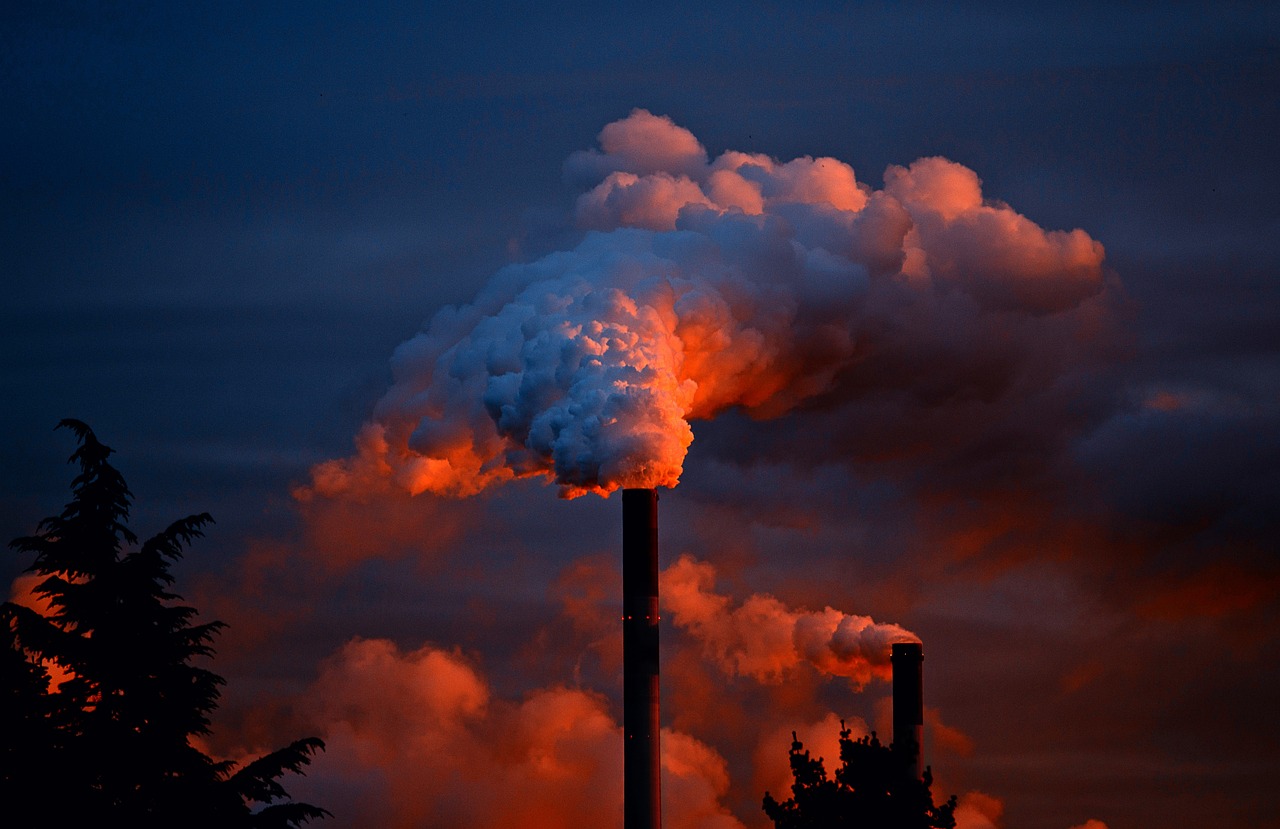The Dutch National Institute for Public Health and the Environment (RIVM) determined in July 2023 that Dutch citizens are consuming excessive amounts of PFAS (Per- and polyfluoroalkyl substances) through food and water. Not a surprise, but certainly alarming. PFAS are toxic chemicals that accumulate in the body and degrade very slowly. These chemicals are associated with severe health issues and have detrimental effects on ecosystems. They are transmitted to children through breast milk, ensuring their presence in our blood for generations to come.
The International Chemical Secretariat (ChemSec) has calculated that the overall societal damage caused by PFAS amounts to a staggering EUR 16 trillion annually. EU research indicates that healthcare savings will be ten times higher (EUR 11-31 billion per year) than the investments that the chemical industry would need to make to reduce PFAS emissions (EUR 0.9-2.9 billion per year). Thus, the Dutch government, along with several other member states, submitted a proposal for restrictions to the European Commission earlier this year.
Regrettably, documents obtained by The Guardian reveal that PFAS restrictions are hanging by a thread due to lobbying efforts from the chemical industry. Tatiana Santos, an employee at The European Environmental Bureau, aptly summarizes the issue: “The EU’s failure to control harmful chemicals is written in the contaminated blood of almost all Europeans. Every delay brings more suffering, sickness, and even premature deaths.”
It is crucial for the EU to stand firm and implement PFAS restrictions promptly. In the meantime, the Dutch government must address PFAS at its source, preventing unfiltered discharge into rivers and emissions through chimneys.

